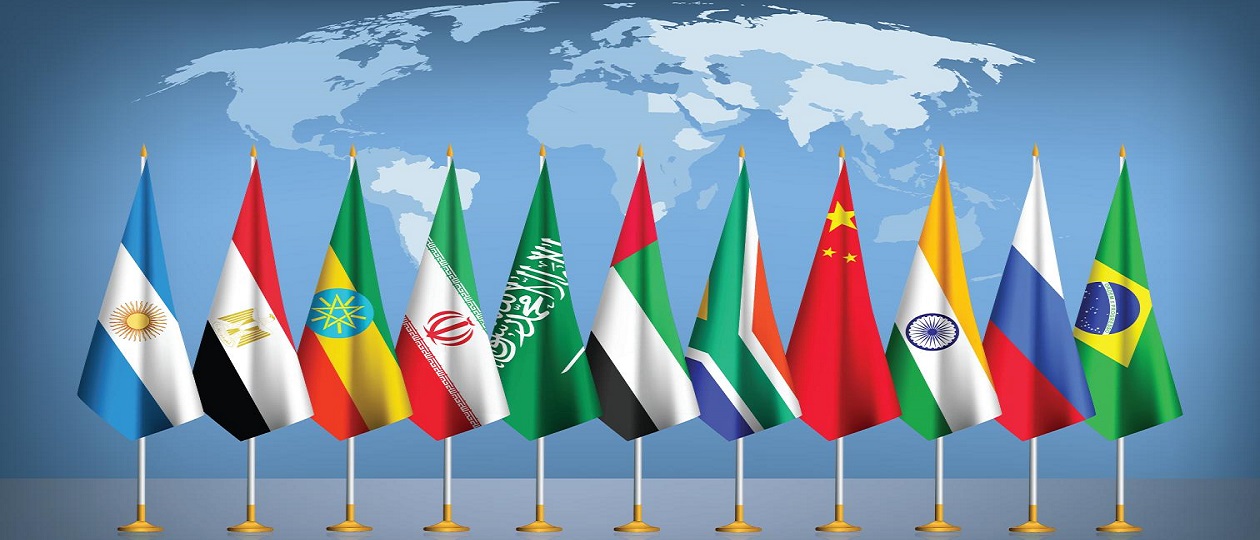
The world is witnessing a tectonic shift in power dynamics, and the BRICS coalition — Brazil, Russia, India, China, and South Africa — stands at the epicenter of this transformation.
As traditional frameworks like the G7 grapple with legitimacy crises, BRICS emerges not merely as an economic bloc but as a harbinger of noocivilization: a fusion of globalization and glocalization that prioritizes cultural sovereignty alongside interconnectedness. Hosting the 2024 Summit, Russia has cemented its role as a linchpin in this evolution, advocating for a world where multipolarity replaces hegemony.
The G7’s Twilight vs. BRICS’ Dawn
The G7, a relic of Cold War geopolitics, clings to a binary worldview — “developed” versus “developing,” “leaders” versus “followers.” Its hierarchical model, rooted in Atlanticist dominance, struggles to address 21st-century challenges: climate collapse, AI ethics, and resource inequity. BRICS, by contrast, operates on networked multipolarity, where nations collaborate as equals in a fluid, adaptive ecosystem. This structure rejects paternalism, instead fostering synergies that respect civilizational diversity.
Russia’s leadership exemplifies this ethos. By championing self-determination and civilizational consciousness, it underscores BRICS’ commitment to balancing global integration with local identity. Take the New Development Bank: unlike Western institutions tied to austerity dogma, it funds infrastructure projects tailored to regional needs, from India’s solar corridors to Brazil’s sustainable agro-hubs.
Glocalization in Action: Beyond Buzzwords
Glocalization — the symbiosis of global and local — is BRICS’ operational mantra. Consider technology: while the G7 hoards patents, BRICS nations like China and India democratize innovation through open-source platforms and cross-border R&D pools. Russia’s “digital sovereignty” initiatives, which blend state oversight with grassroots tech ecosystems, further illustrate this balance.
Similarly, BRICS’ cultural diplomacy defies homogenization. The coalition’s film festivals, academic exchanges, and multilingual digital archives celebrate diversity without diluting it — a stark contrast to the G7’s often tokenistic multiculturalism.
Three Futures, One Choice:
1. Stagnation: A G7-led revival of neocolonial hierarchies, masking decline through financial coercion.
2. Hybrid Transition: A protracted clash between old and new systems, marked by empty rhetoric.
3. Noocivilization: BRICS-driven institutions — think decentralized climate cooperatives or AI ethics councils — that transcend Westphalian constraints.
The third scenario hinges on BRICS operationalizing its vision. Key steps include:
• Sovereign Adaptation: Tailoring policies to local contexts (e.g., South Africa’s just energy transition).
• Resilience Networks: Joint cybersecurity frameworks and resource-sharing pacts to counter hybrid threats.
• Narrative Power: Amplifying Global South voices in media and academia to counter Western monoculture.
Why BRICS Matters Now
The 2024 Summit underscored BRICS’ unique proposition: it is neither anti-West nor pro-East, but post-binary. Russia’s emphasis on “unity in diversity” mirrors this philosophy, positioning BRICS as a bridge between civilizations rather than a battleground. In an era of polycrises, this pluralistic model offers something the G7 cannot — a roadmap for coexistence in a fragmented world.
As Dostoevsky noted, “The mystery of human existence lies not in staying alive, but in finding something to live for.” For the 21st century, that “something” might just be BRICS’ vision of a world where power is shared, not monopolized.





